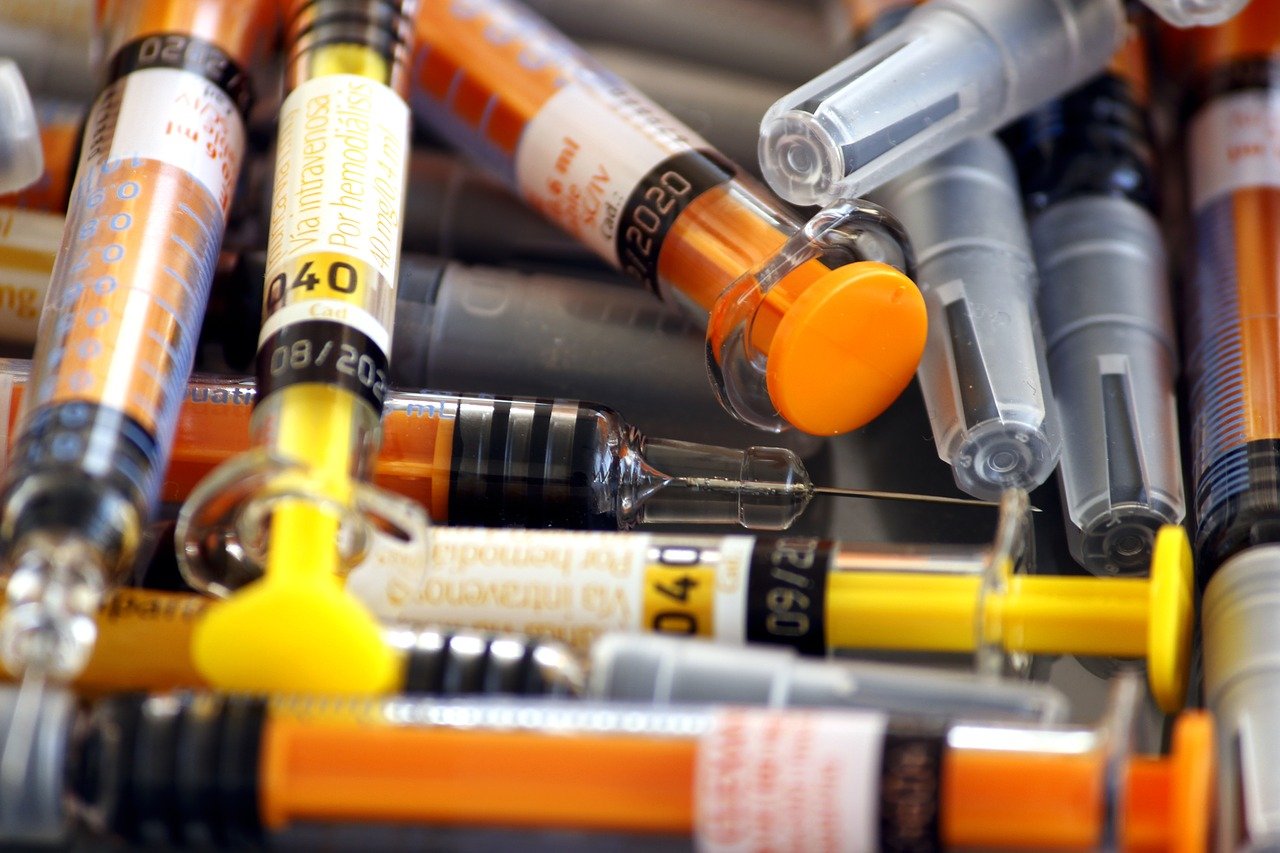BAN Toxics statement on mercury poisoning in Puerto Princesa, Palawan
June 2017, Quezon City — A study by the Department of Health (DOH) and the Department of Environment and Natural Resources (DENR) has reported that most of the more than 10,000 residents of both Sta. Lourdes and Tagburos, Puerto Princesa suffer from mercury poisoning. The report states that residents have been exposed to this toxic chemical primarily through three modes: the 3-hectare pit lake (formerly an open pit mercury mining area), the city’s sanitary
landfill (built over a mined out area) and the Tagburos River which leads to Honda Bay.
This discovery has led to the planned relocation of more than 80 families who reside in these communities and the treatment of those ailing from the chronic exposure to mercury. DENR also announced that Environment Secretary Roy Cimatu has ordered the creation of a task force to isolate the contaminated area, identify people for possible treatment and establish the accountability of the defunct Palawan Quicksilver Mines, Incorporated (PQMI) which operated the former mercury mine in the area.
Teddy Monroy, Policy Development and Research Manager of BAN Toxics, said: “The mercury poisoning in the communities of Puerto Princesa is yet another tragic incident due to the legacy of mismanagement of toxic mercury. This incident raises an extremely serious issue on how we, as a nation, approach the sound management of mercury and mercury wastes.”
“These families have been living in the presence of toxic mercury and suffering through chronic exposure for years. Mercury is considered a highly hazardous chemical because it is highly toxic and persists in the environment, bio accumulating through the food chain. The report indicates that the consumption of mercury-contaminated fish is likely the primary source of environmental exposure.
“The real tragedy is that this kind of health and environmental crisis is entirely preventable. The government needs to conduct the immediate evacuation of affected villagers to safe locations, necessary health interventions for those suffering mercury poisoning, and a comprehensive assessment of the contaminated sites to determine the best response plan. However, such reactive solutions to mercury are unsustainable.
“Prevention at source is the only way to ensure the safety of our communities and our environment. The Philippines needs to urgently ratify the Minamata Convention on Mercury to join the other 58 nations around the world who have committed to work together as a global community in dealing with the issues and concerns around mercury. The Philippines can become the first ASEAN member state to ratify the Convention and further improve its protection against mercury and mercury wastes.
- Kaspersky Lab helps uncover vulnerabilities on gas stations by hackers - February 12, 2018
- 26-percent of Ransomware Attacks now target business - November 30, 2017
- The Battle is on to Fight Human Immunodeficiency Virus (HIV) - November 27, 2017



